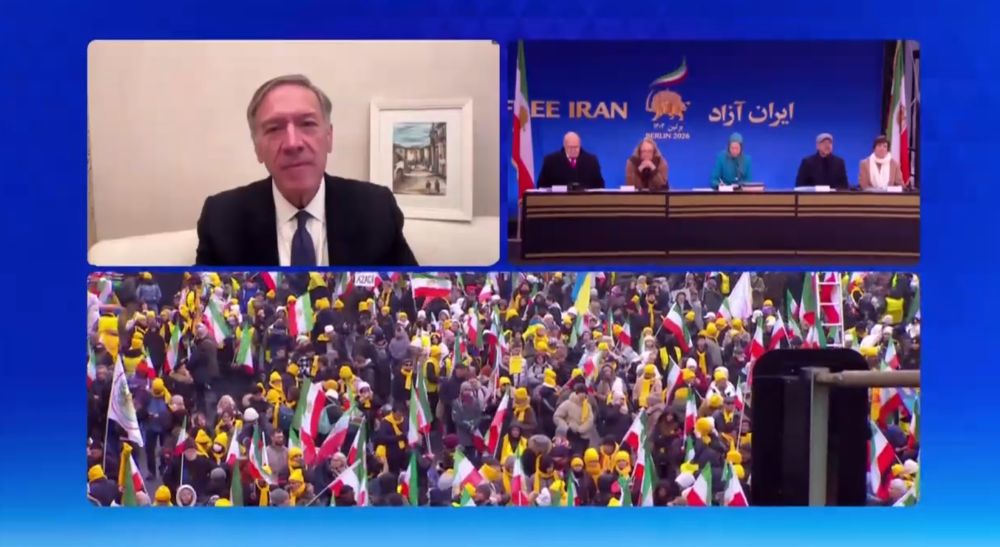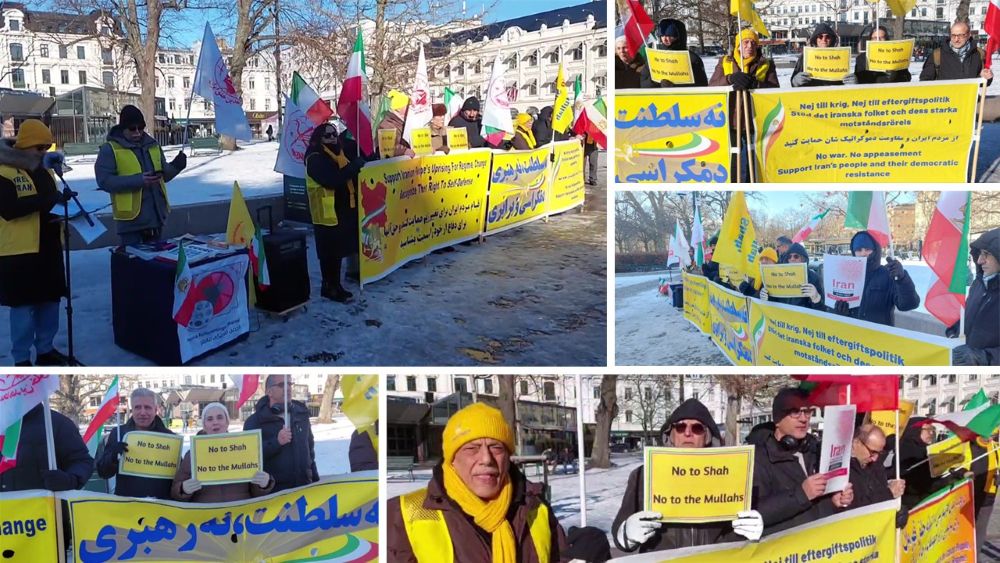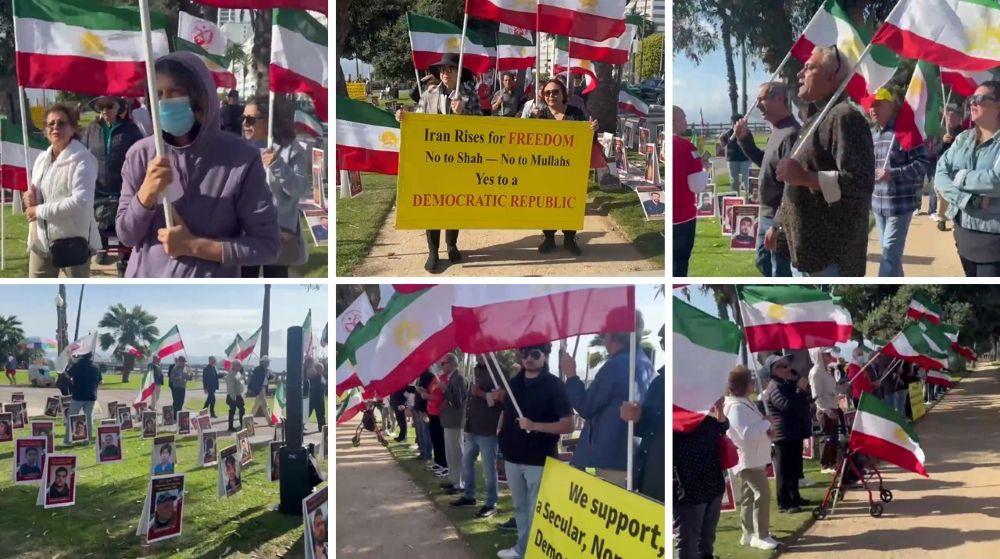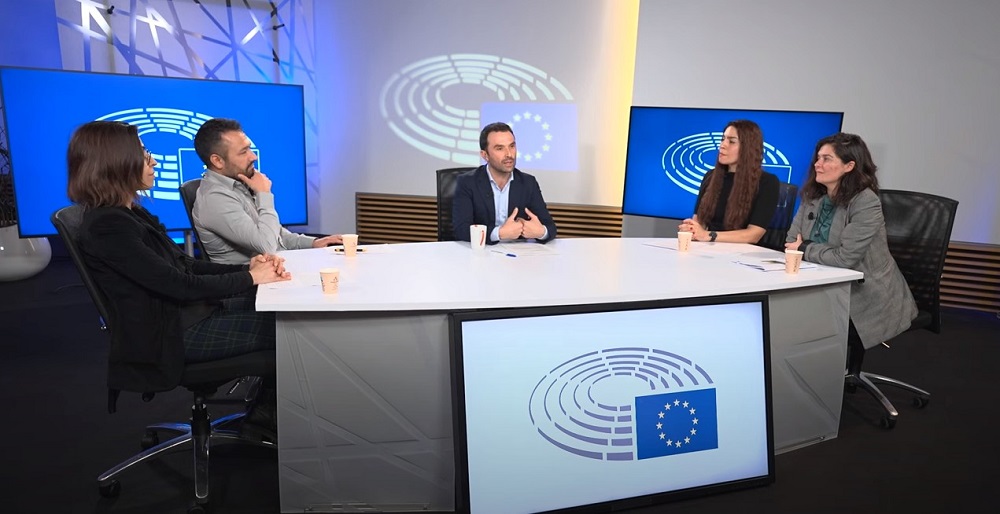
At the European Parliament in Brussels, Francisco Guerreiro, a representative of the Green Party in Portugal, orchestrated a roundtable centered on Iran and the Iranian populace’s pursuit of freedom and democracy. Various representatives from Iranian youth associations across Europe participated in the event.
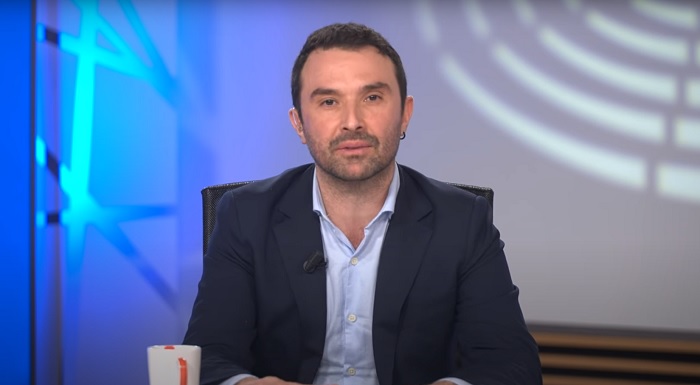
MEP Guerreiro underscored the plight of Iranian youth and their relentless struggle for freedom. He denounced the escalating executions in Iran and the regime’s destabilizing role in the Middle East. Guerreiro emphasized that dismantling the religious dictatorship in Iran and establishing a democratic republic, founded on the separation of religion and state, is the sole solution to the crises instigated by the current regime.
Expressing profound concern over the mounting executions in Iran and the regional instability, Guerreiro commended the admirable courage exhibited by those advocating for democratic change in Iran, underscoring the significance of their endeavors.
Additionally, the MEP stressed the necessity of a cohesive opposition against the ruling regime in Iran and voiced support for the NCRI’s Ten-Point Plan for Iran’s future. He also highlighted the pivotal role of women in leadership positions within the movement for democratic reform.
You can now watch the debate I had with the Iranian Resistance activists about "Iranian Youth and the Path to Freedom" 🇮🇷🇪🇺
See everything on my YouTube channel here ⬇️https://t.co/59AvZ647Xh pic.twitter.com/mlMZHxh9kz
— Francisco Guerreiro 🇵🇹 🇪🇺 (@FGuerreiroMEP) February 15, 2024
Neda Amani, from the Iranian Youth Association in Switzerland, who jointly managed this conference, said in her speech: Everyone thinks that now that the issue of Iran and the struggle of the Iranian people are less covered in the media, the situation is calm. But in reality, the people of Iran, especially the youth and women in Iran, despite suppression, continue their struggle and protests.
She further noted the significant role of women in recent uprisings in Iran, suggesting that it’s not coincidental that women are leading these protests. Referring to their active involvement in uprisings over the past four decades and their contribution to movements advocating for freedom in Iran, she emphasized the enduring impact of women’s leadership in the protest movement throughout this period. She underscored that Iranian women have been engaged in this fight for their rights not only in the last four decades but for 120 years.
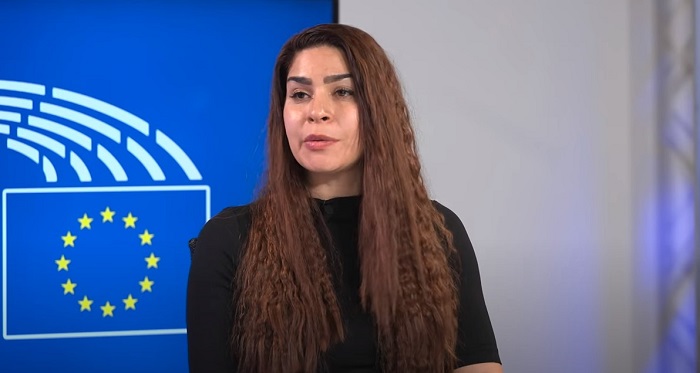
Dr. Virginia Pishbin, a member of an Iranian youth association from Italy, highlighted the alarming surge in executions in Iran, particularly following regional tensions. She criticized the regime’s utilization of executions to quell dissent and divert attention from internal turmoil. Dr. Pishbin underscored the significance of the 1988 massacre, wherein thousands of political prisoners, including numerous women, were executed by the regime, stressing the urgent need for international intervention to address human rights violations in Iran.
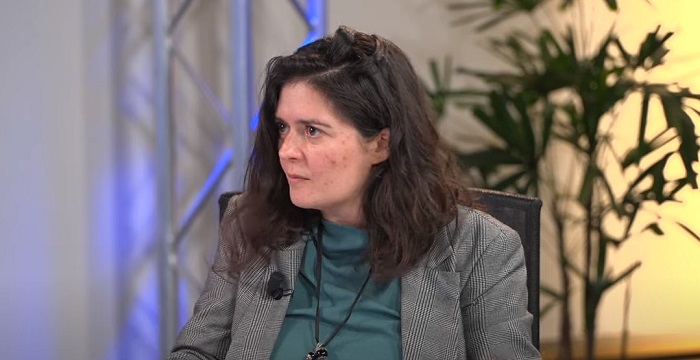
Vida Amani, representing the Iranian Youth Association in Switzerland, asserts that the Iranian people reject both the regime of the mullahs and the monarchy dictatorship. She proposes the National Resistance Council of Iran, led by Maryam Rajavi, as the sole alternative. Rajavi’s ten-point plan for a democratic future in Iran includes crucial elements such as separation of religion and state, abolition of the death penalty, and equal rights for men and women, especially in political leadership.
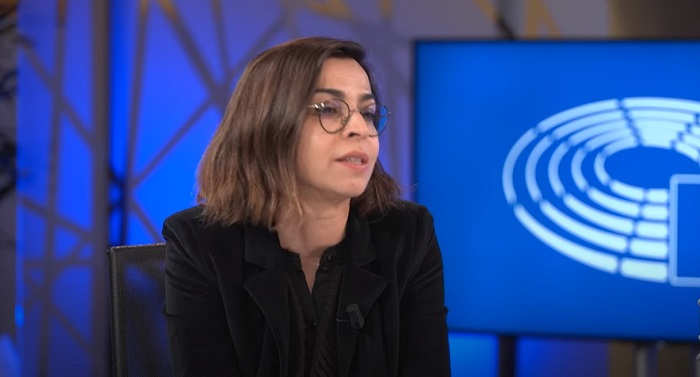
Representing the Iranian Youth Association from Germany, Mousa Touhidi emphasized that the people’s resistance poses the most significant threat to the current regime. He criticized Western appeasement policies towards Iran and urged prioritization of human rights over economic interests. Touhidi stressed the imperative of designating the Islamic Revolutionary Guard Corps (IRGC) as a terrorist organization and called upon Europe to reevaluate its economic engagements with the Iranian regime in light of human rights abuses.
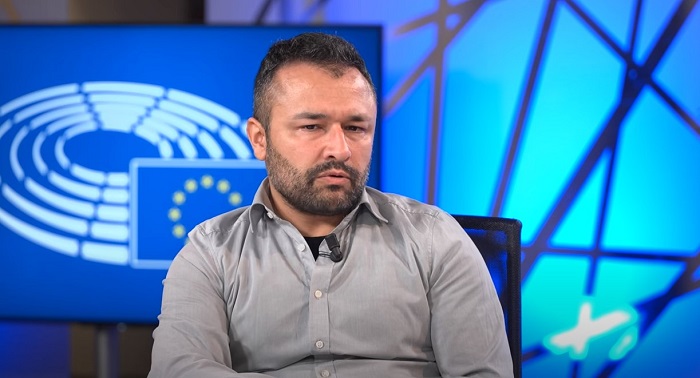
Farbod Mahoutchian, connecting from Germany, highlighted that people pose the greatest threat to dictatorial regimes, as evidenced by the Iranian people’s resistance, urging for regime change. He criticized the West’s appeasement policy towards Iran and stressed the importance of prioritizing human rights over economic deals with the regime, advocating for designating the IRGC.
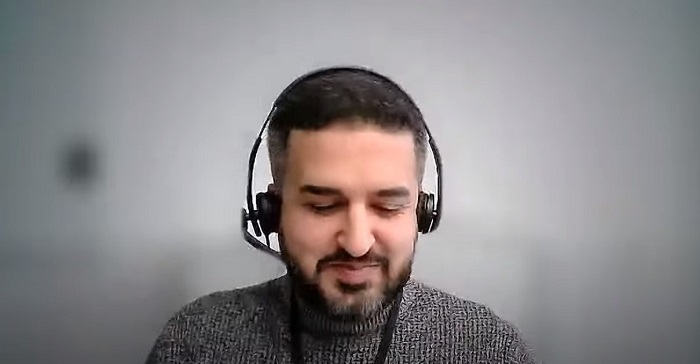
The roundtable discussion underscored the determination of Iranian youth and the pressing need for international solidarity to effect democratic change in Iran. As the regime intensifies its oppressive measures, dissenting voices within Iran and abroad grow stronger, exposing the regime’s vulnerability amidst internal and external challenges.

